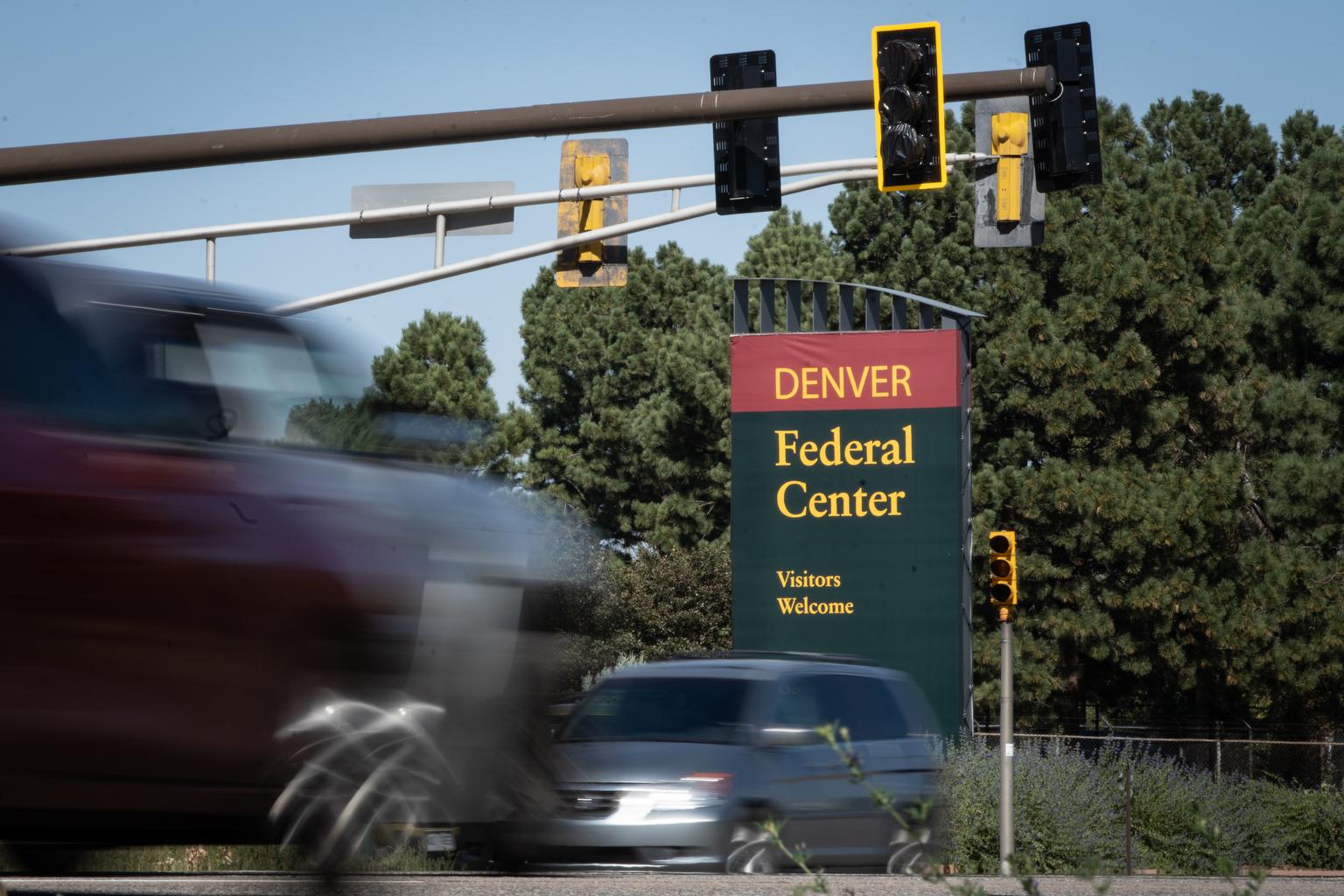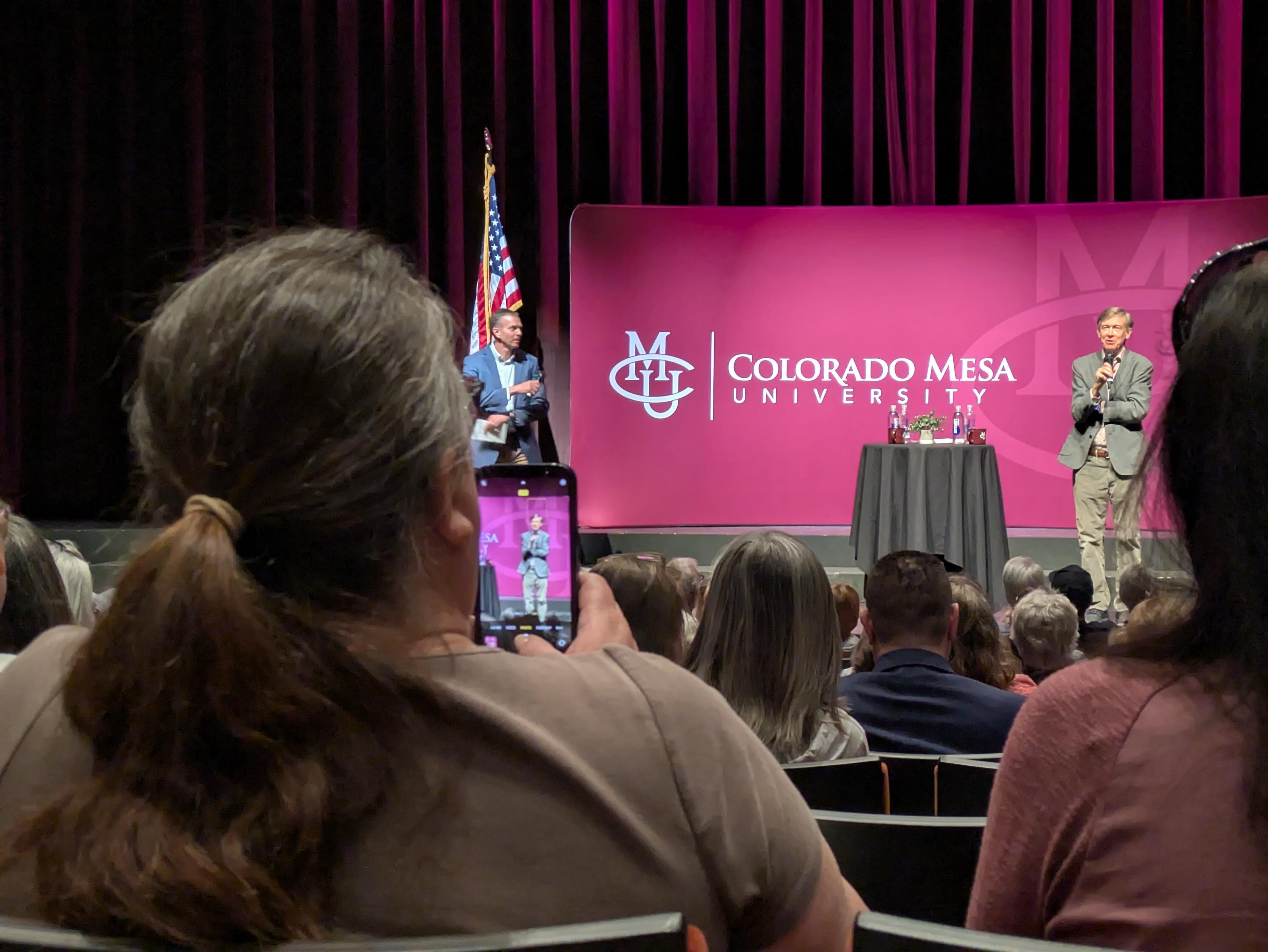
Electric vehicle charging stations at the Denver Federal Center will likely soon be shut down as the federal government realigns its priorities.
According to an internal email CPR News obtained from multiple sources, the U.S. General Services Administration says the government-owned chargers are not critical to how it does its work.
“As GSA has worked to align with the current administration, we have received direction that all GSA-owned charging stations are not mission-critical,” the email reads.
The GSA’s website says the Federal Center has 22 “fully functional” charging stations at 11 locations on the campus in Denver’s western suburbs. The email, sent from a GSA official, says some will be taken offline within the next week and others will be shut down once contracts are canceled.
“Neither Government Owned Vehicles nor Privately Owned Vehicles will be able to charge at these charging stations once they're out of service,” the email says.
A local GSA spokesperson did not immediately provide a comment.
Under the Biden administration, the GSA had helped other federal agencies procure thousands of electric vehicles and related infrastructure. Now, under President Donald Trump’s administration, the GSA’s fleet electrification webpage is offline entirely (an archived version is available here).
The Trump administration has also cut federal dollars meant to build electric vehicle chargers across the country, including in Colorado. The administration’s moves to terminate thousands of federal employees and cut spending across the board is being led, in part, by Elon Musk, owner of Tesla, one of the largest EV makers in the world.
Local officials also are worried that the administration’s plans to slash federal workspace could mean the closure of the Federal Center itself. Many federal workers who have not been terminated, however, are being instructed to return to the office.
CPR reporters Caitlyn Kim and Sarah Mulholland contributed to this report.









